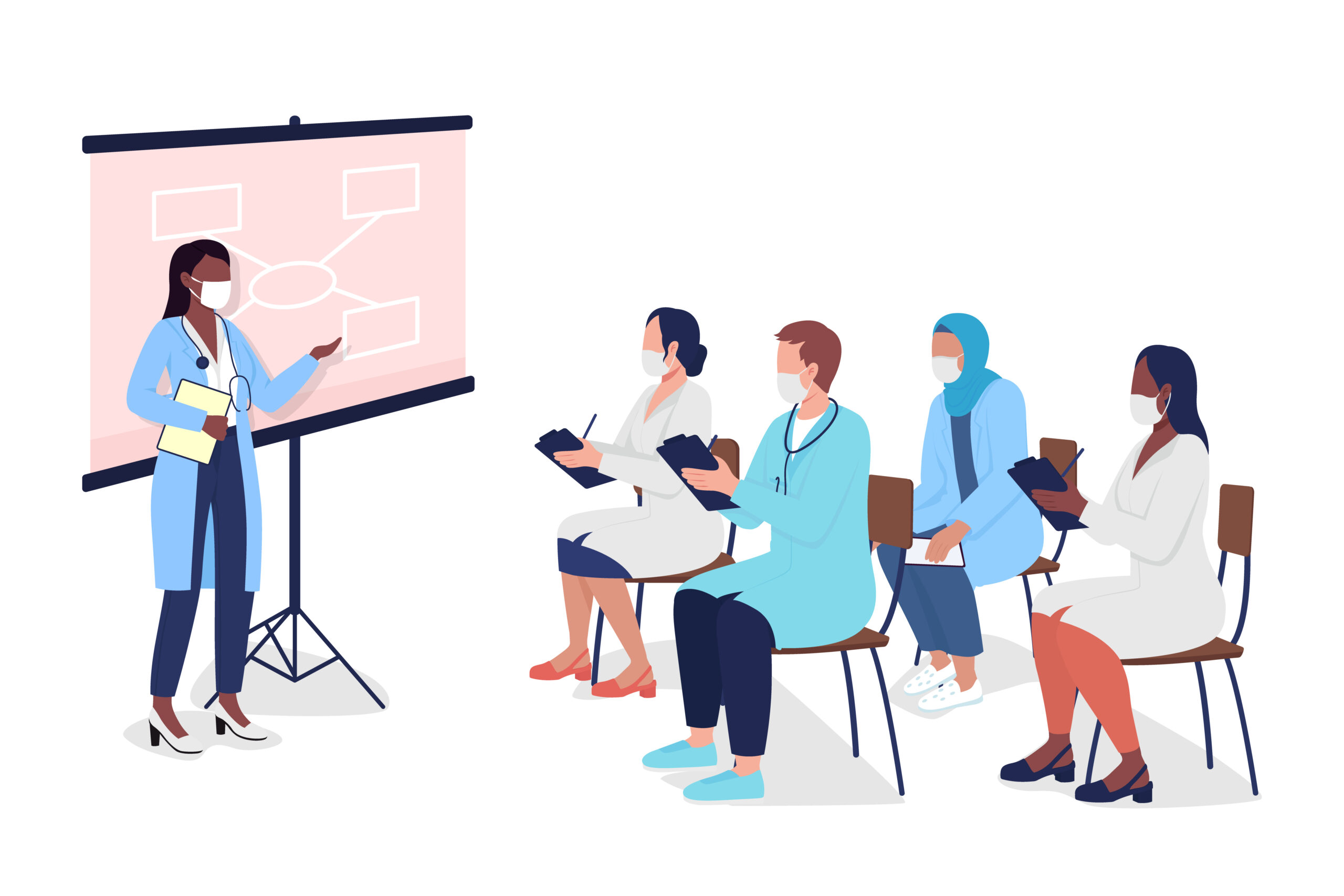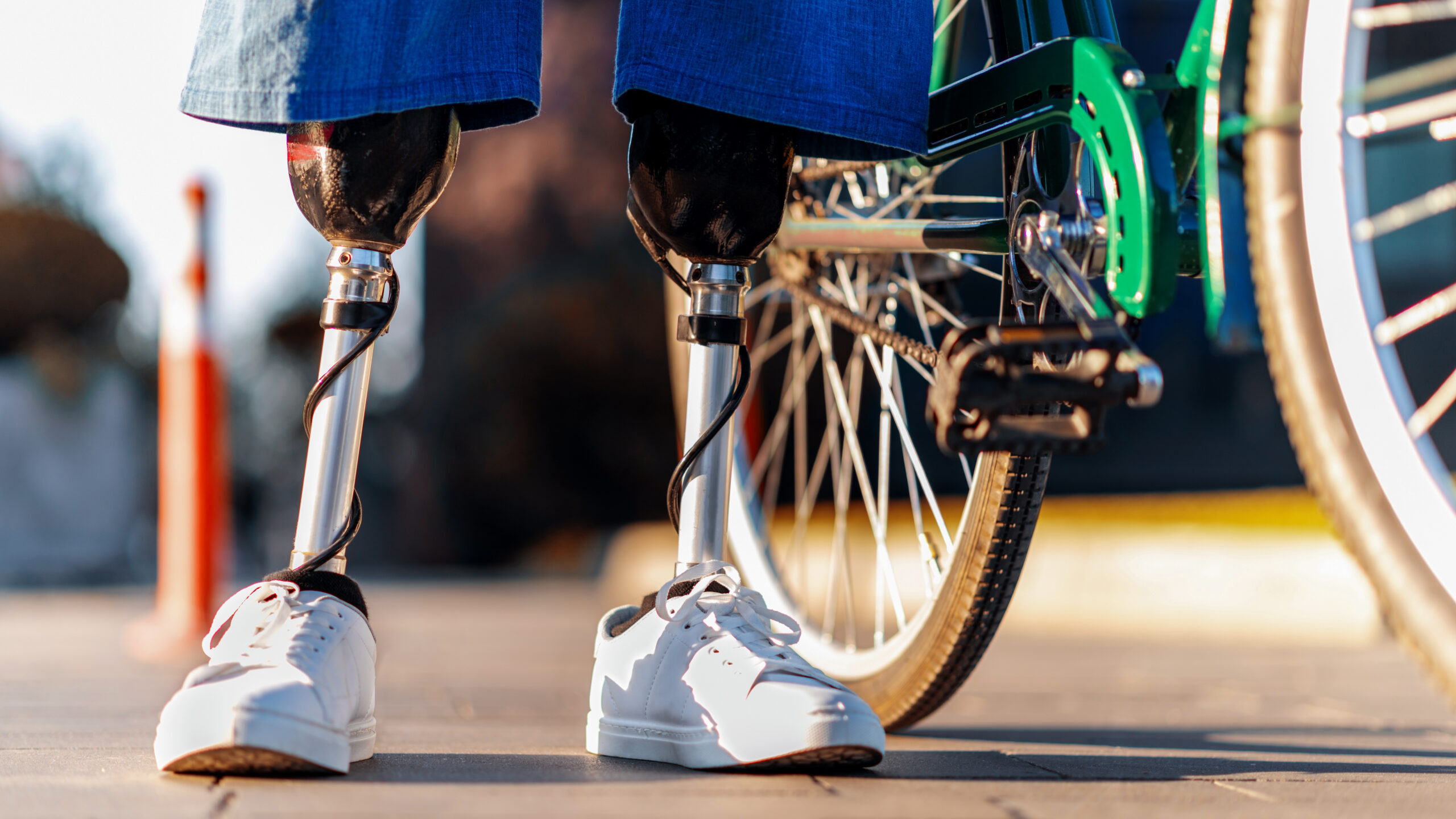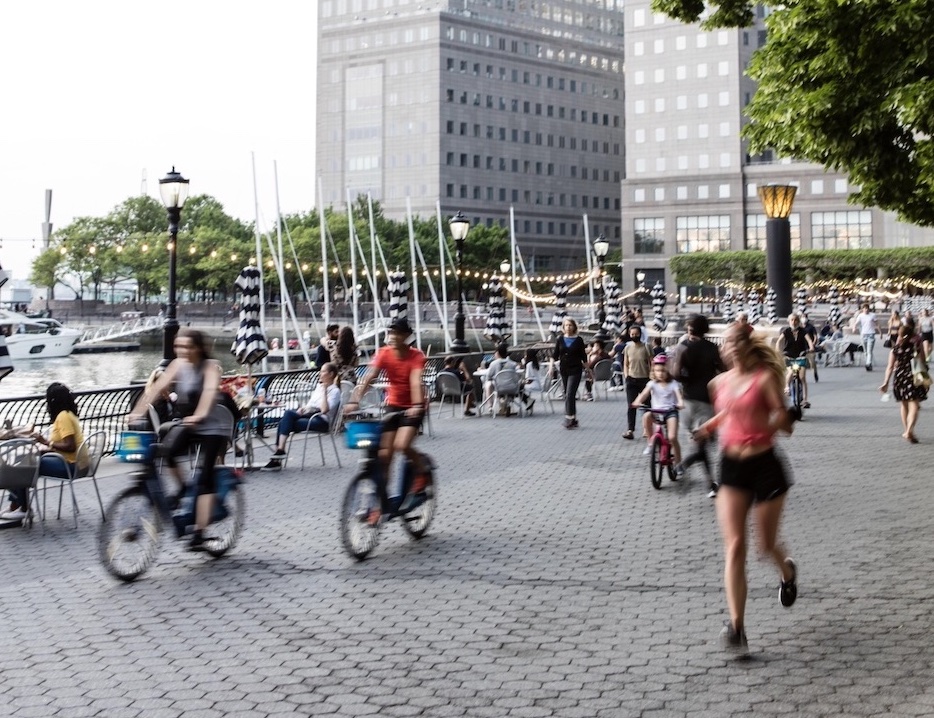Affirming Connections reached out to talk with CAN (LET’S). Affirming Connections is an organization that seeks to support people of faith, ministries, and organizations who work to eliminate religious discrimination and exclusion. CAN (LET’S) has been booked to speak at their Affirming Leaders Day on May 21. The event is a faith-based development & connection day for 2SLGBTQIA+ folks and allies.
They are still working on this year’s theme, but they are interested in conversations about accessibility, solidarity and intersectionality between 2SLGBTQIA+ folks and other marginalized communities. CAN (LETS) will provide a session focused on how faith communities can be more actively accessible and how this work might synchronize with their efforts to affirm 2SLGBTQIA+ members of their community.




